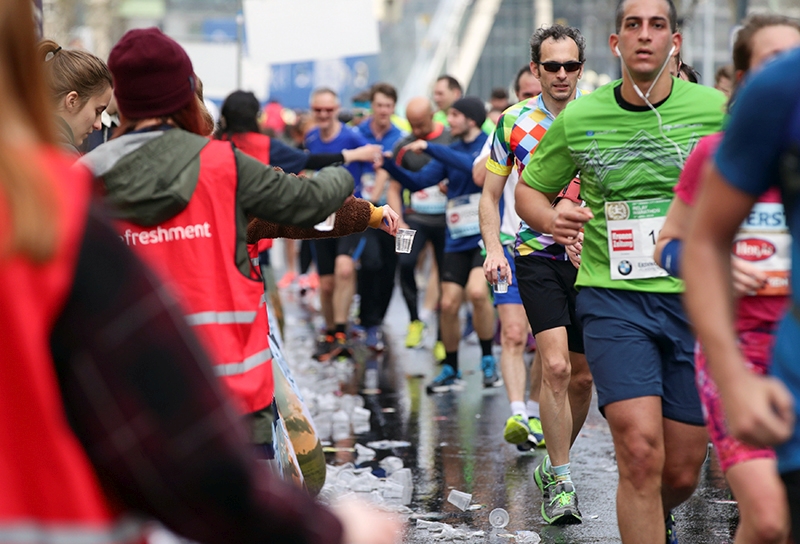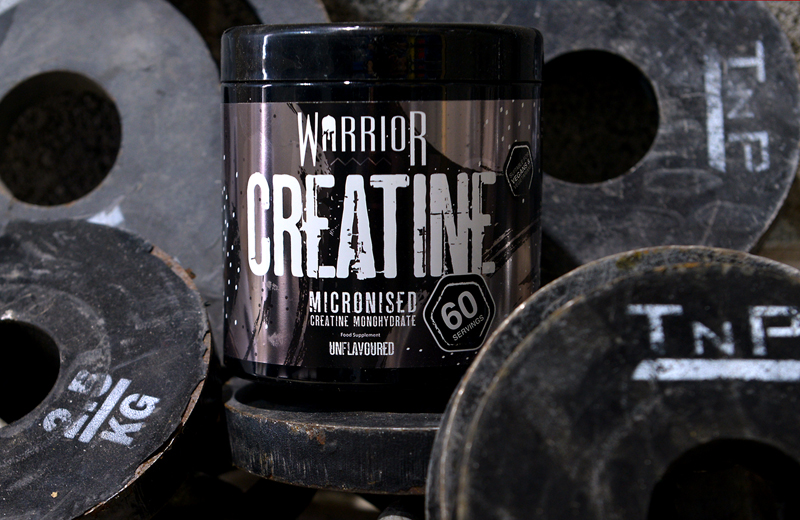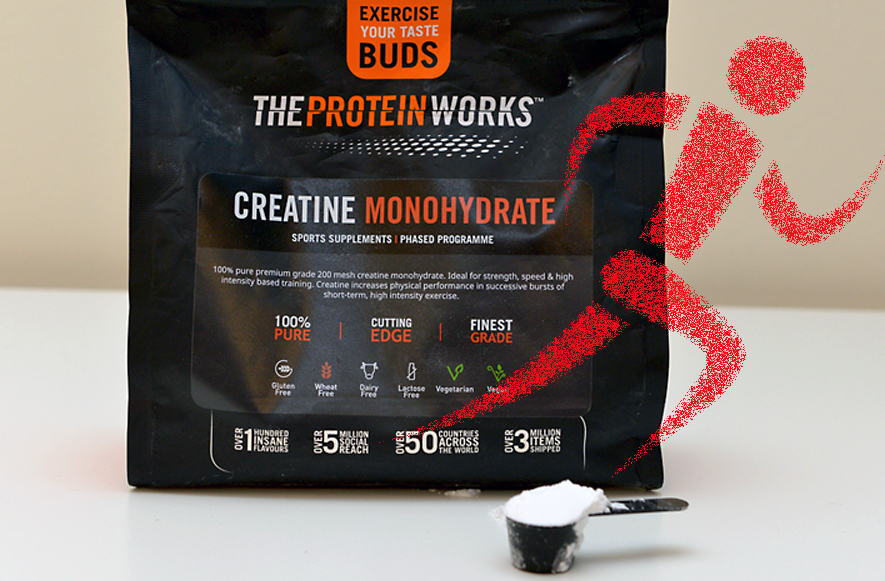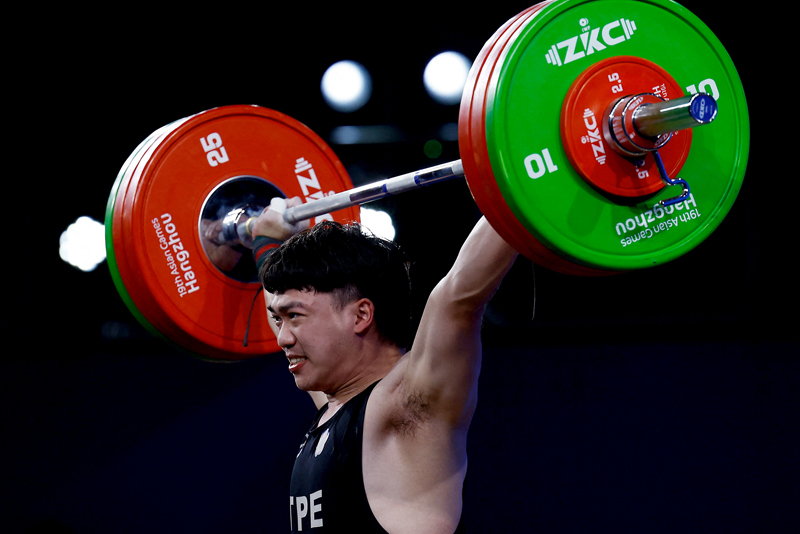You are viewing 1 of your 1 free articles. For unlimited access take a risk-free trial
Fueling on the move: the taste of success!

Can the taste of the drink you consume during exercise affect the benefits you get? SPB looks at the evidence
The performance benefits of consuming carbohydrate drinks and gels during extended bouts of endurance exercise are well established, and a topic we have discussed at length in a number of previous SPB articles. However, the past decade or so has seen a flurry of research into the use of a feeding technique known as ‘carbohydrate rinsing’.Evidence for rinsing
The interest in carbohydrate rinsing arose when a large number of previous studies (see table 1) on endurance athletes seemed to indicate that in short duration exercise of up to two hours, simply rinsing out the mouth for five seconds with a carbohydrate drink and then spitting it out (ie not swallowing any of the drink) results in improved performance, even though none of the carbohydrate actually enters the body (no carbohydrate is absorbed in the mouth)(1).Table 1: Summary of earlier studies into carbohydrate rinsing(1)
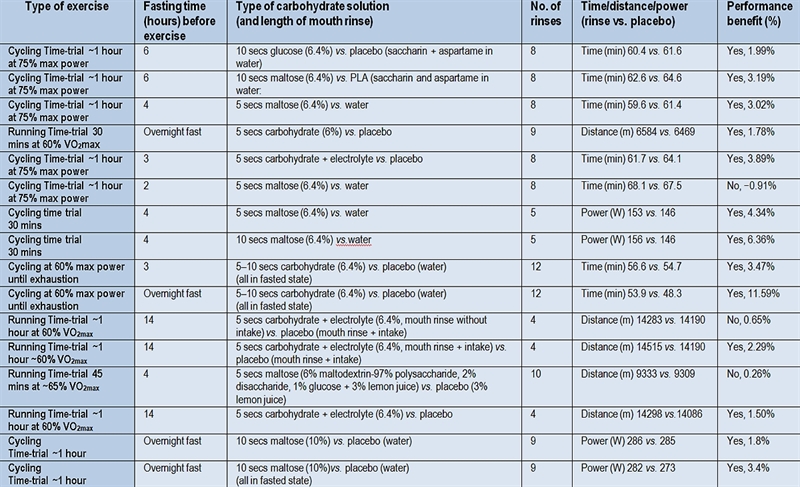
If you’re an athlete who uses energy drinks or gels during longer training session and/or races, the notion of taking a gulp of drink and then spitting it out without swallowing may seem rather ridiculous. However, the practice has gained popularity because it can be practically useful; for example if your carbohydrate drink is running low and you want to eek it out, or if you’re tummy is feeling a bit sensitive to large volumes of energy drink but you need a performance lift.
Questions
The most obvious question at this point is how on earth could taking carbohydrate into the mouth but not swallowing it help performance – when none of the energy in that drink can reach the working muscles via the gut (carbohydrate cannot be absorbed via the mouth)? Scientists are now convinced that the above effect occurs as a result of a neurological ‘brain-mouth’ connection (see figure 1)(2).We know for example that taste influences mood and we also know that if you’ve ‘hit the wall’ because you’ve run out of muscle glycogen and your blood sugar is low, merely biting into a sweet snack can almost instantly reduce the feelings of weakness and dizziness. In short, you can feel better long before the carbohydrate has found its way into the bloodstream and the brain! The theory is that when you ‘carbohydrate rinse’, carbohydrate sensors in the mouth send signals to the brain that food is on its way, thus reducing the perception of effort and making the exercise task easier. In effect, these receptors are telling the brain: “you have nothing to worry about, because energy is on its way!”
Figure 2: Brain-mouth connection
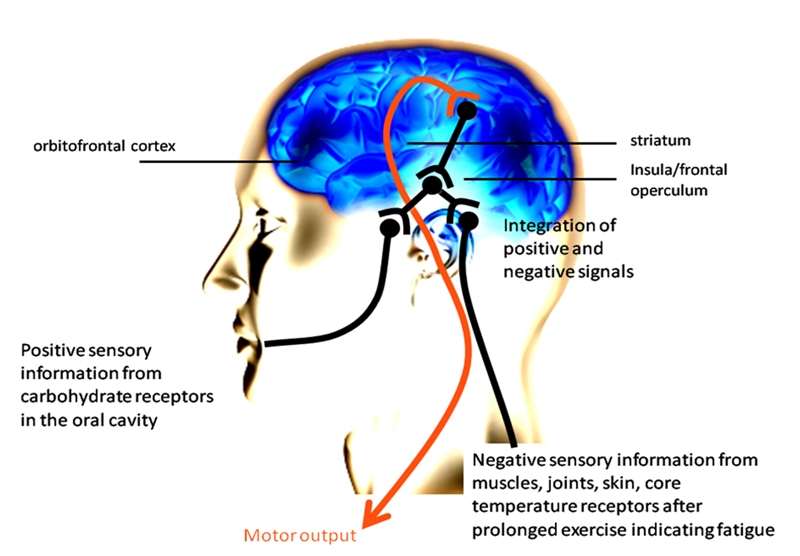
Carbohydrate receptors in the mouth send positive signals to three main areas in the brain (insula/frontal operculum, the orbitofrontal cortex and the striatum). These signals are integrated with fatigue signals from the muscles and an appropriate motor output (ie less perceived fatigue) is generated.
Although this seems like a logical theory, when it comes to sports nutrition, things are rarely as straightforward as they seem on initial inspection. As the data accumulated, not all studies found positive results. For example, one study on cyclists looked at the effects of mouth rinsing with either a 6.4% carbohydrate solution, water (containing no carbohydrate), or no solution at all (the ‘non-rinse’ condition)(3). It found that the time taken to complete a time trial was less when either carbohydrate was used as a mouth rinse or when no rinsing took place at all. In short, there was little evidence that rinsing with a carbohydrate drink was any better than no rinsing at all. However rinsing with a carbohydrate-free drink definitely produced a worse performance!
Other research indicates that the benefits of mouth rinsing seem to be accentuated when muscle and liver glycogen stores are reduced – ie towards the end of a long bout of exercise, possibly due to a greater sensitivity of the oral receptors later on in exercise(4). There’s also evidence that the performance benefits of mouth rinsing are more likely to occur during very long duration sub-maximal exercise rather than during maximal (race or time trial) conditions(5). Put another way, mouth rinsing may improve performance when the exercise intensity is moderate, but when the pace was more intense, it might not help.
A taste for action?
If the benefits of carbohydrate rinsing arise via stimulation of receptors in the mouth that relay signals to the central nervous system, could the taste of a drink that is not consumed exert similar effects? We know that once a taste response (more technically known as ‘gustatory stimulus’) occurs, increased brain activity occurs according to the intensity and chemical and physical properties of tastes involved(6). Moreover, we also know that each taste affects the autonomic nervous system (the part of the nervous system that regulates involuntary body functions including digestion and heartbeat) differently. In a study by French researchers, pleasant sweet tastes induced the weakest cardiac and brain activity responses, whereas unpleasantly associated tastes (salty, sour, and bitter) induced the strongest responses(7).Following the studies on carbohydrate rinsing, it wasn’t long before researchers began to answer this question. In one of the earliest studies into taste and exercise performance, Australian researchers set out to investigate whether mouth rinsing with a bitter tasting solution of quinine improved maximal sprint cycling performance(8). To do this, fourteen competitive male cyclists performed bouts of 30-second maximal cycling sprints on four separate occasions immediately after rinsing their mouth for 10 seconds with the following:
- A bitter-tasting quinine solution
- Plain water
- A sweet aspartame (artificial sweetener) solution
- No solution at all (the control condition)
Remembering that none of these drinks contained any carbohydrate and none of quinine in the quinine drink was actually ingested, the researchers were surprised to discover that the quinine mouth rinse significantly improved power output; compared to the other three conditions, it elevated the cyclists’ average power output by 2.4-3.9%. Meanwhile, peak power output with the quinine mouthwash was around 3.6% higher compared with the plain water and control (ie no rinse) but was not significantly different from aspartame.
This was the first study ever to show that mouth rinsing with a bitter tasting carbohydrate-free solution immediately before a maximal sprint exercise can improve performance. However, it also threw the whole subject of carbohydrate mouth rinsing and performance into confusion; it was only a year previously that another study reported that rinsing with a carbohydrate-free drink worsened performance compared to no rinsing at all or rinsing with a carbohydrate drink(3). This led researchers to wonder if the taste of a drink (whether consumed or not) played a bigger role in performance than hitherto understood.

Taste and brain
To try and test the theory that taste can indeed affect brain activity, thereby stimulating the motor system, the same team of scientists investigated activation of the corticomotor pathway by taste signals originating from bitter taste receptors in the oral cavity(9). The cortical motor pathway consists of four regions of the cerebral cortex of the brain that are involved with the execution of muscle contraction; an increase in corticomotor excitability as a result of stimulation by taste would provide a plausible explanation as to why the bitter quinine taste improved sprint performance.In this study, the researchers used a technique called ‘single-pulse transcranial magnetic stimulation’ to investigate whether mouth rinsing and ingestion of a bitter quinine solution increased corticomotor excitability. Sixteen male competitive cyclists underwent testing using this technique immediately before and after they rinsed their mouth for 10 seconds and then ingested either a bitter quinine solution or plain water. A series of measurements of electrical activity induced in the dorsal interosseus muscles of the hand were recorded to see how the drinks affected corticomotor excitability.
The results showed that quinine administration increased corticomotor excitability by 16% - an effect that persisted through the series of measurements. Plain water also increased excitability by 10% though this increase was significantly smaller than the response to quinine. In short, the scientists concluded that the activation of bitter taste receptors in the oral cavity and upper gastrointestinal tract has the capacity to increase corticomotor excitability in athletes – in other words, the taste of the beverage (or gel) ingested does indeed affect performance!
Oral receptors for caffeine
It’s not just oral taste receptors that may influence exercise performance; it seems that nature has provided us with oral caffeine receptors too. Although it seems unlikely, swilling with a caffeine mouth rinse appears to enhance performance even when no caffeine is ingested! One study found that a caffeine mouth rinse improved 30-minute self-paced cycling performance (the amount of distance cycled) compared with both a placebo drink AND a carbohydrate mouth rinse(10). This implies that stimulating oral caffeine receptors could be just as effective (or even more) so than stimulating oral carbohydrate receptors. Another study on cycling performance looked at the average power sustained over five sets of 6-second maximum power sprints with 24 seconds of recovery between each sprint(11). It found that sprint power was substantially higher in the caffeine mouth rinse condition than when either carbohydrate of caffeine was used. And like the quinine studies above, it seems that caffeine mouth rinses work by stimulating brain activity directly from oral receptors(12).Cold comfort
It seems that Nature has equipped us with not only oral taste and caffeine receptors that can affect and benefit performance, but cold receptors too. One natural compound that targets cold receptors and which has come under intense scrutiny for its ergogenic effects during exercise is menthol. Menthol is found in a number of plants and is used both as a fragrance and a flavor molecule. In particular, menthol is able to target the olfactory (smell) and gustatory (taste) systems, imparting feelings of coolness and freshness(13).Menthol has historically been found in an array of products, such as candies, chewing gums, toothpastes, common cold medications, vapor rubs, cigarettes, and aromatherapy medications. However, a more recent application of menthol has been that of an ergogenic aid that can be applied topically (see this article), used as a mouth swill, or ingested alongside ice slurry(14). Perhaps, most promising is that, when used as a mouth rinse, menthol appears to increase the drive to breathe, elevate ventilation, increase arousal, and attenuate thirst, as well as elicit sensations of coolness and freshness that can alleviate thermal symptoms during exercise(15).
In a comprehensive review study on the benefits of menthol published last year, researchers reviewed the mechanisms and performance benefits of menthol mouth rinses during exercise(16). Trawling through the growing body of data on menthol mouth rinsing for exercise performance, they concluded the following:
- When swilled, menthol activates cold receptors in the mouth called TRPM8. This results in improved thermal comfort, reduced ratings of perceived exertion (RPE), and improved performance during exercise in hot conditions.
- Rinsing with menthol also seems to stimulate the ‘trigeminal system’ in the brain, which directly activates reward/pleasure centers to increase ‘central drive’ and improve work capacity.
- The use of menthol mouth rinsing has demonstrated performance improvements in 8 out of 10 published studies, at different drink temperatures and frequencies, in time trials and endurance events, at varied concentrations (0.01% and 0.05%) and in both male and female athletes.
- Menthol rinsing has shown benefits in both running and cycling studies, and analysis of the data shows that the performance improvement is slightly higher in cycling (6.7%) compared to running (4.4%).
- Menthol rinsing has produced improvements in both time-to-exhaustion studies and in time trial studies, with greater improvements in hot conditions. Of these two study types, times to exhaustion improved slightly more (by around 7-9%) than time trial performances (by 2.3-5.3%).
- The benefits of menthol rinsing were observed across a range of frequencies – from one rinse each minute to one rinse per 10 minutes.
- Rinsing durations of both 5 and 10 seconds produce improvements although a 10-second rinse seems to produce a slightly greater improvement.
Applications for athletes
In a previous study on carbohydrate rinsing, we made a number of recommendations, which included tips on how and when to rinse:*When to do it:
- During longer events when you’re already carbohydrate depleted.
- If you have a sensitive tummy and/or you’re suffering from gastric distress.
- Where your carbohydrate drink is running low and you need to eek it out. Regular rinsing with very small sips over an extended period could be more effective than gulping what you have left down in one go.
*How to do it
- Rinse with a carbohydrate solution every 10 minutes or so.
- Rinse for at least 10 seconds (longer rinses seem to be more effective).
- Carbohydrate drinks used for rinsing should be at 6-10% concentration (6-10 grams per 100mls of plain water).
- If you suffer from sensitive teeth, use a low-acidity drink formulation (which helps reduce dental erosion).
*To that we can now add in further insights:
- Rinsing with bitter or tangy tasting drinks may additionally increase corticomotor excitability, helping to increase maximal outputs during high-intensity or sprint efforts.
- Drinks containing caffeine can stimulate caffeine receptors; this seems to give an additional performance boost over plain carbohydrate rinsing.
- In hot conditions, a very large body of evidence shows menthol solution rinsing results in very significant performance increases in endurance sports such as running and cycling, as well as a reduced perception of effort.
References
- 2013 Dec 19;6(1):1-10
- Nat Rev Neurosci. (2006) 7:890–901. Chem Senses. (2000) 25:709–18
- Int J Sport Nutr Exerc Metab. 2013 Feb;23(1):48-56
- Med Sci Sports Exerc. 2016 Sep;48(9):1810-20
- 2016 Mar 9;8(3):49
- J Comp Neurol. (1976) 166:17–30
- Chem Senses. (2000) 25:709–18
- Med Sci Sports Exerc. 2014 Aug;46(8):1648-57
- Eur J Appl Physiol. 2015 Oct;115(10):2199-204.
- Comparative Exercise Physiology 2014: 10 (4): 239 – 245
- Appl Physiol Nutr Metab 2013 38: 633–637
- J Appl Physiol (1985). 2015 Mar 15;118(6):776-82
- Sports (Basel). (2018) 6:11. 10.3390/sports6010011
- J Sports Sci. (2017) 35:798–805
- Sports Med. (2017) 47:1035–42. 55
- Front Nutr. 2021; 8: 691695
Newsletter Sign Up
Testimonials
Dr. Alexandra Fandetti-Robin, Back & Body Chiropractic
Elspeth Cowell MSCh DpodM SRCh HCPC reg
William Hunter, Nuffield Health
Newsletter Sign Up
Coaches Testimonials
Dr. Alexandra Fandetti-Robin, Back & Body Chiropractic
Elspeth Cowell MSCh DpodM SRCh HCPC reg
William Hunter, Nuffield Health
Keep up with latest sports science research and apply it to maximize performance
Today you have the chance to join a group of athletes, and sports coaches/trainers who all have something special in common...
They use the latest research to improve performance for themselves and their clients - both athletes and sports teams - with help from global specialists in the fields of sports science, sports medicine and sports psychology.
They do this by reading Sports Performance Bulletin, an easy-to-digest but serious-minded journal dedicated to high performance sports. SPB offers a wealth of information and insight into the latest research, in an easily-accessible and understood format, along with a wealth of practical recommendations.
*includes 3 coaching manuals
Get Inspired
All the latest techniques and approaches
Sports Performance Bulletin helps dedicated endurance athletes improve their performance. Sense-checking the latest sports science research, and sourcing evidence and case studies to support findings, Sports Performance Bulletin turns proven insights into easily digestible practical advice. Supporting athletes, coaches and professionals who wish to ensure their guidance and programmes are kept right up to date and based on credible science.
